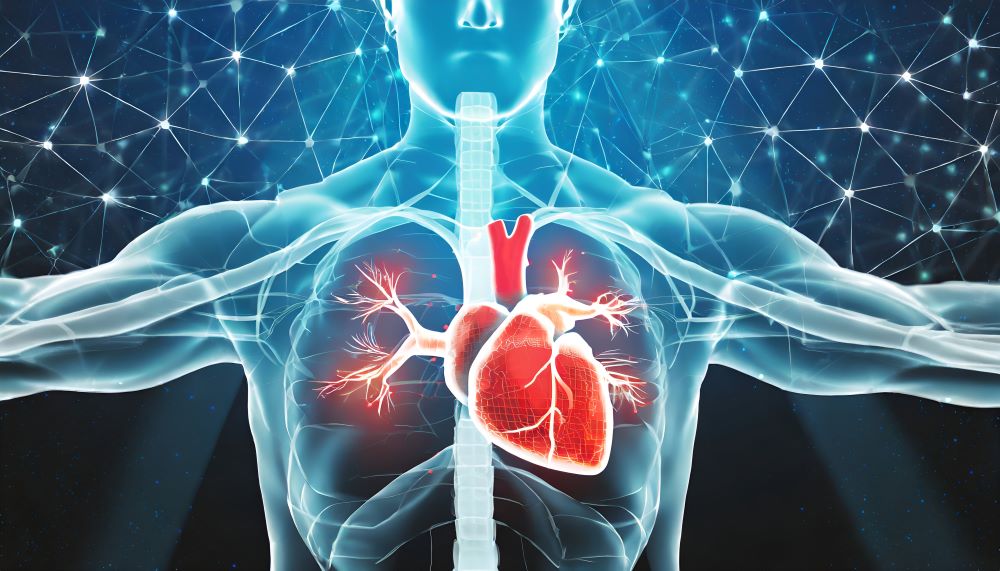Heart Failure Symptoms in Men

Heart failure is a serious medical condition that affects millions of men and women worldwide. It occurs when the heart is unable to pump blood efficiently to meet the body’s needs, leading to a range of symptoms and complications. Understanding the signs, stages, and prognosis of heart failure is crucial for early detection, effective management, and improved outcomes.
What Is One of the First Signs of Heart Failure?
One of the earliest signs of heart failure for men is often shortness of breath, especially during physical activity or when lying down flat. This symptom, known as dyspnea, occurs because the heart’s weakened pumping ability causes fluid to accumulate in the lungs, making it difficult to breathe properly. Individuals may also experience fatigue, weakness, and swelling in the legs, ankles, or abdomen due to fluid retention.
Other common early signs of heart failure include persistent coughing or wheezing, which can result from fluid buildup in the lungs or inflammation of the airways.
Additionally, frequent urination, especially at night, may occur as the kidneys attempt to eliminate excess fluid from the body. Paying attention to these initial symptoms and seeking medical evaluation promptly can lead to earlier diagnosis and intervention, potentially improving outcomes for individuals with heart failure.
Other Signs of Heart Failure to Look for
Men with early signs of heart failure may also notice other subtle but significant changes in their body. Some people report unexplained weight gain in a short period of time, often from fluid retention not diet.
Less well-known symptoms like confusion, forgetfulness or difficulty concentrating may also appear as the condition affects circulation to the brain. These cognitive changes can be scary and are often overlooked. Also note that increased chest discomfort or a racing heartbeat may accompany these symptoms.
Because heart failure symptoms can come on and go and vary in intensity, paying attention to these changes and acting fast by seeing a doctor can make all the difference in early diagnosis and long-term heart health.
What Does Stage 1 Heart Failure Feel Like?
Heart failure is typically categorized into stages based on the severity of symptoms and their impact on daily activities. In Stage 1, also known as the pre-heart failure stage or heart failure at risk, individuals may not experience noticeable symptoms but have underlying heart abnormalities or risk factors that increase their likelihood of developing heart failure in the future.
Despite the absence of symptoms, Stage 1 heart failure may still present certain signs that warrant medical attention. These may include elevated blood pressure, abnormal heart rhythms, or structural changes in the heart detected through imaging tests such as echocardiography.
While men in Stage 1 heart failure may not feel significantly different from their usual state of health, addressing underlying risk factors and adopting heart-healthy lifestyle habits can help delay or prevent the progression of the condition to more advanced stages.
Can Heart Failure Go Back to Normal?
Many people wonder whether heart failure can be reversed or if the heart can return to its normal function once the condition develops. While heart failure is typically a chronic and progressive condition, its course can be influenced by various factors, including treatment, lifestyle modifications, and the underlying cause of heart failure.
The Importance of Lifestyle Adjustments for Long-Term Heart Disease Recovery
With appropriate medical management, lifestyle changes, and adherence to prescribed therapies, some individuals with heart failure may experience improvement in heart failure symptoms and quality of life.
In cases where heart failure is caused by reversible factors such as uncontrolled hypertension, heart valve disease, or certain types of arrhythmias, addressing these underlying issues can potentially restore normal heart function or prevent further deterioration.
Managing Heart Failure Symptoms Expectations
However, it’s important to note that not all cases of heart failure can be fully reversed, and the goal of treatment is often to manage symptoms, slow heart disease progression, and improve overall heart function and quality of life. Even when heart failure cannot be cured, advancements in medical therapies and interventions have significantly improved outcomes and survival rates for individuals living with the condition.
How Long Can a Person Live with Heart Failure Symptoms?
The prognosis for people with heart failure can vary widely depending on factors such as the severity of the condition, the presence of underlying health conditions, and the effectiveness of treatment and management strategies. While heart failure can have a significant impact on life expectancy, timely diagnosis, appropriate treatment, and lifestyle modifications can help prolong survival and improve outcomes.
Recent Advancements in Heart Failure Treatment
On average, the prognosis for heart failure has improved in recent years due to advancements in medical therapies, including medications, implantable devices, and surgical procedures. However, heart failure remains a chronic and progressive condition that requires ongoing monitoring and management to optimize outcomes and quality of life.
Median Survival Rate of Heart Failure
Studies have shown that individuals diagnosed with heart failure have a median survival rate ranging from several years to over a decade, depending on the stage of heart failure and individual factors. Early diagnosis and intervention are key to improving prognosis and preventing complications such as heart attacks, strokes, and sudden cardiac death.
Understanding the signs, stages, and prognosis of heart failure for men is essential for early detection, effective management, and improved outcomes. By recognizing early symptoms, addressing underlying risk factors, and implementing appropriate treatment strategies, individuals living with heart failure can enhance their quality of life and prolong survival.


